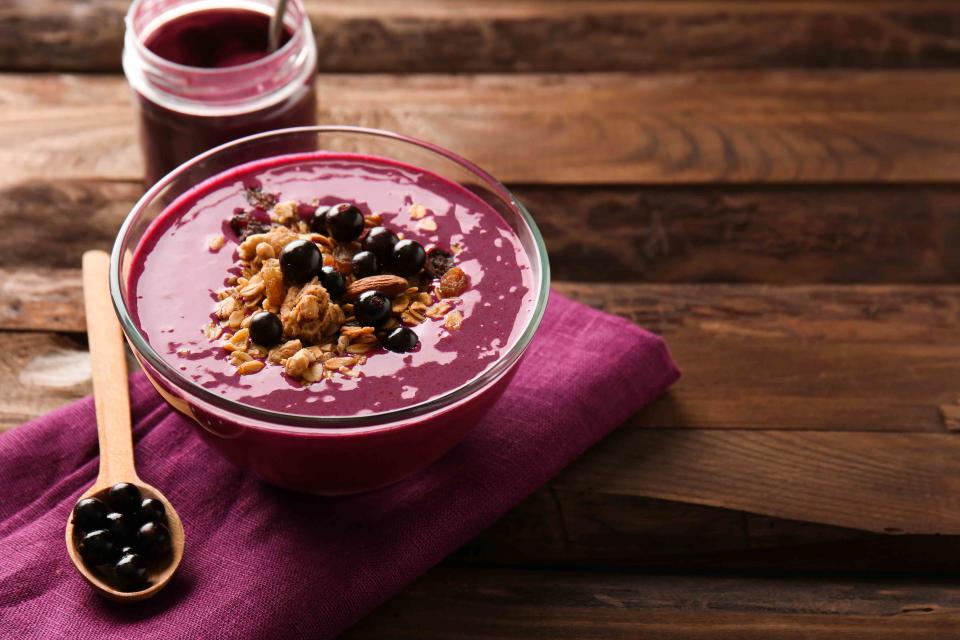Manoj Bajpayee skips dinner: Is it a healthy way to lose weight?

Manoj Bajpayee in a recent interview revealed that he has been skipping dinner for almost 13-14 years and now his grandfather’s fitness levels inspired him to follow his eating habits. The actor said that while he initially started with just tasting the food he likes to manage his weight, he eventually stopped having dinner altogether.
Manoj Bajpayee eliminated dinner from his diet after his doctor advised him to have an early last meal. The actor said that his eating pattern is very similar to intermittent fasting, but he does it for 18 hours and eats between 9 am to 3 pm, and consumes only healthy food.
What is intermittent fasting?
Intermittent fasting is a diet plan where you eat during certain hours while fasting for the rest. There are different types of intermittent fasting. This type of fasting has many benefits and can help people lose weight and but the disadvantage of it includes chronic diseases like diabetes, heart disease, and blood pressure.
What are the benefits of Intermittent fasting?
1. It changes the function of hormone levels to make stored body fat more accessible and initiates important cellular repair processes.
2. Lower insulin levels, higher HGH levels, and increased amounts of norepinephrine (noradrenaline) all increase the breakdown of body fat and facilitate its use for energy.
3. It has been shown to have major benefits for insulin resistance and to lead to an impressive reduction in blood sugar levels.
4. This fasting can reduce oxidative stress and inflammation in the body.
5. Provides protection against several diseases, including cancer and neurodegenerative diseases such as Alzheimer’s disease.
Side Effects of Intermittent Fasting
1. When you reduce your calorie


